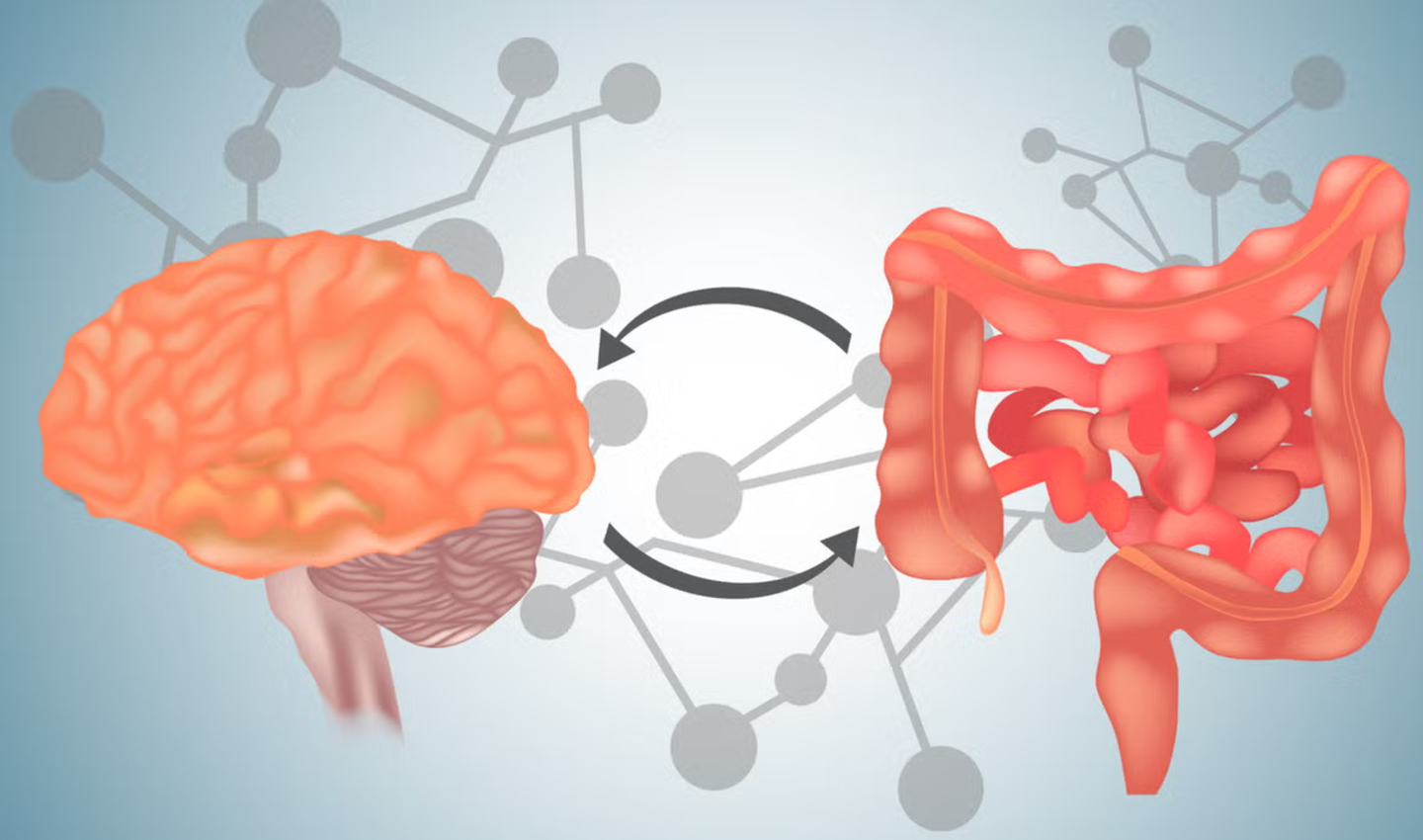Researchers discover the cause of the weight-loss yo-yo effect
Discover how epigenetics contributes to obesity’s yo-yo effect, revealing why weight regain is so persistent and what science says about prevention.

Epigenetics explains why weight loss is so fleeting. (CREDIT: CC BY-SA 4.0)
Weight loss often feels like a battle against biology itself. While initial success can be encouraging, the pounds frequently creep back—a phenomenon called the yo-yo effect.
Recent research from ETH Zurich has shed new light on why maintaining weight loss is so difficult. The culprit appears to be epigenetics, a biological process that leaves a lasting memory of obesity in fat cells.
Understanding Epigenetics and Metabolic Memory
Epigenetics involves chemical modifications to DNA that do not change the genetic sequence but influence which genes are active. Unlike the inherited genetic code, epigenetic markers are dynamic.
They can be altered by factors such as diet, environment, and obesity, yet remain stable for years, sometimes decades. These markers dictate cellular identity and function, essentially telling cells what kind of cell they are and how they should behave.
“Epigenetics tells a cell what kind of cell it is and what it should do,” explains Laura Hinte, a doctoral student in Ferdinand von Meyenn’s lab at ETH Zurich. These markers can embed a "memory" of past physiological states, such as obesity, within cells, making it easier for them to revert to those states after weight loss.
The Molecular Roots of the Yo-Yo Effect
The research team, led by von Meyenn and Daniel Castellano Castillo, explored how obesity leaves a lasting impact at the cellular level. Using mouse models, they examined fat cells from overweight mice as well as those that had successfully lost weight through dieting. They discovered that obesity induces distinct epigenetic changes in the nuclei of fat cells.
Related Stories
What makes these changes particularly significant is their persistence. Even after weight loss, the fat cells retained the epigenetic markers of obesity. As a result, mice with these markers regained weight more quickly when exposed to a high-fat diet. “The fat cells remember the overweight state and can return to this state more easily,” says von Meyenn. This finding offers a molecular explanation for the yo-yo effect.
Evidence in Humans
The researchers extended their findings to humans by analyzing fat tissue biopsies from individuals who had undergone gastric bypass or other weight-loss surgeries. Collaborating with institutions such as Karolinska Institutet in Stockholm, they studied gene expression in these tissues. The results mirrored those seen in mice, further validating the role of epigenetics in obesity’s persistent effects.
Though the human studies focused on gene expression rather than specific epigenetic markers, the consistency of the findings underscores the biological basis of the yo-yo effect. Von Meyenn and his team published their findings in Nature, emphasizing the broader implications for weight management.
A Challenge Without Easy Solutions
One of the most pressing questions is how long fat cells can retain this memory of obesity. Fat cells are long-lived, with an average lifespan of about a decade before being replaced. This longevity makes their epigenetic memory particularly challenging to overcome.
Currently, there are no drugs capable of erasing these epigenetic markers. “Maybe that’s something we’ll be able to do in the future,” says Hinte. For now, prevention remains the most effective strategy.
Von Meyenn underscores the importance of maintaining a healthy weight from an early age, particularly during childhood and adolescence. “It’s precisely because of this memory effect that it’s so important to avoid being overweight in the first place.”
Expanding the Scope of Research
The researchers suspect that fat cells are not the only ones capable of retaining an epigenetic memory of obesity. Cells in the brain, blood vessels, and other organs may also contribute to the yo-yo effect. These possibilities open new avenues for research into the broader physiological impacts of obesity and weight loss.
Future studies aim to determine whether other cell types possess similar memory mechanisms. Understanding these processes could eventually lead to targeted therapies to combat obesity and its associated health risks.
Implications for Public Health
Obesity and its related conditions, such as diabetes and cardiovascular disease, remain among the leading health challenges globally. While traditional weight-loss methods—including dietary changes, exercise, medications, and bariatric surgery—can yield short-term success, their long-term efficacy is often undermined by the body’s propensity to regain weight.
This new research highlights the need for a more nuanced approach to obesity management that accounts for the role of epigenetic memory.
By addressing obesity earlier in life and exploring interventions to modify epigenetic markers, researchers and healthcare providers may one day mitigate the yo-yo effect. Until then, prevention remains the key.
Note: Materials provided above by The Brighter Side of News. Content may be edited for style and length.
Like these kind of feel good stories? Get The Brighter Side of News' newsletter.



